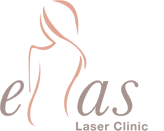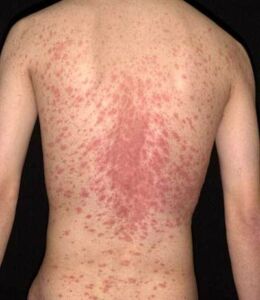WHAT CA– USES SKIN FUNGAL INFECTION?
There are several varieties of skin fungal infections which can affect almost any part of the body. These can include jock itch, ringworm, athlete’s foot, and yeast infection. The majority of these infections are caused by a type of fungus known as candida, which thrives in warm and moist conditions. Skin areas that touch such as folds, armpits, groin and others are a potential base for the fungus to develop and should always be thoroughly cleansed.
Fungal infections begin to take root if the conditions are suitable and this may be caused by humid weather, a lack of hygiene, or restrictive clothing and footwear. The skin naturally protects itself against infection but cuts or breaks in the surface may allow the fungus to set in and cause an infection.
HOW CAN IT BE TREATED?
Most of the time, skin fungal infections are not serious and can be treated using a variety of techniques and methods.
A common option is a laser treatment which has been shown to improve the skin’s condition after 6 months in the majority of cases.* Typically, patients undergo 1 session of Long Pulse Nd:YAG laser treatment a month to treat infected areas. Your doctor may even focus laser treatment on nails as it may not show any symptoms of infection at first, and this will help to remove any potential fungus growing there. Several sessions are required to obtain the possible results, with each quick session lasting for about 15 minutes.
The fungi is killed by the heat generated by the laser, targeting and killing fungus cells in the affected area which helps to prevent any future manifestation. Patients will experience no major side effects and can resume daily activities immediately since no downtime is required after treatment.
At Premier Clinic, our doctors will guide and advise you on a suitable treatment and the number of sessions required. Depending on your skin’s condition and severity of the infection, a combination of techniques may be used in order to maximise the chances of curing the fungal infection as quickly as possible. On top of laser treatments, you may also be prescribed oral medication or skin creams. Do schedule an appointment with us so we can diagnose your condition and recommend a proper treatment regime for you.

